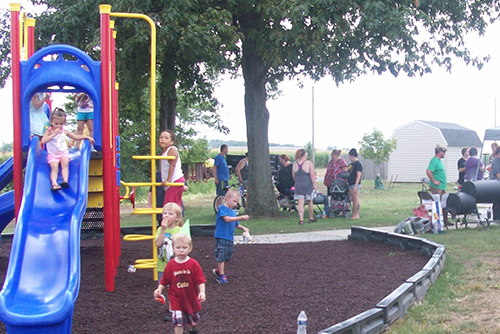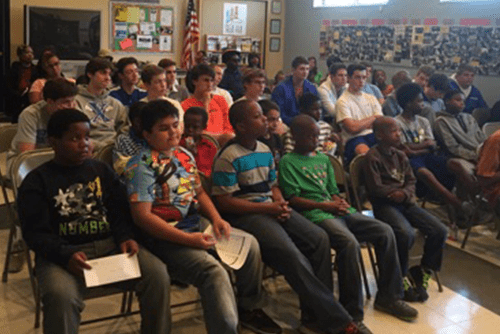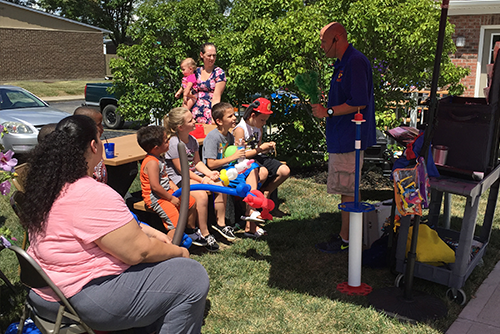Basic Service Coordination Model
How we Address the Needs of Low-Income Individuals and Families Throughout the Year.
Tools of Engagement
- Service Coordinator
- Blended Management
- Community Resource Guides
- Needs Assessment
- Active Outreach
- Referral and Linkage
- Community Resource Guides
- Needs Assessment
Resident Engagement in Services
Q1: JANUARY – FEBRUARY | INCOME/BASIC NEEEDS
- Income taxes/EITC
- Section 8 and employment
- Financial literacy/ budgeting
- Eviction prevention
Q2: APRIL – JUNE | HEALTH
- Obesity
- Infant mortality
- Wellness checks/clinics
- Home visits
- Spring cleaning/housekeeping
- Summer camp sign up
- Summer food program
Q3: JULY – SEPTEMBER | CAREER AND SCHOOL READINESS
- FASFA help
- Summer “brain drain” prevention
- Preschool readiness assessments
- Childcare/preschool enrollment
- School supply giveaways
- Career/education fairs
Q4: OCTOBER – DECEMBER | SAFETY/MENTAL HEALTH
- Healthcare open enrollment
- Holiday events
- Depression/isolation
- Fire safety demos
Anticipated Outcomes
Vibrant Communities

Self-Sufficiency

Housing Stability

What is Service Coordination?
The Resident Services program is operated by Resident Resources Network (RRN), Inc., the nonprofit arm of Wallick Communities. The program aims to connect residents of Wallick Communities and other affordable housing communities to supportive services that promote self-sufficiency and improve their quality of life. Services are coordinated through Service Coordinators, who are on-site to provide residents with information, make referrals to local community organizations, and bring resources on-site.

